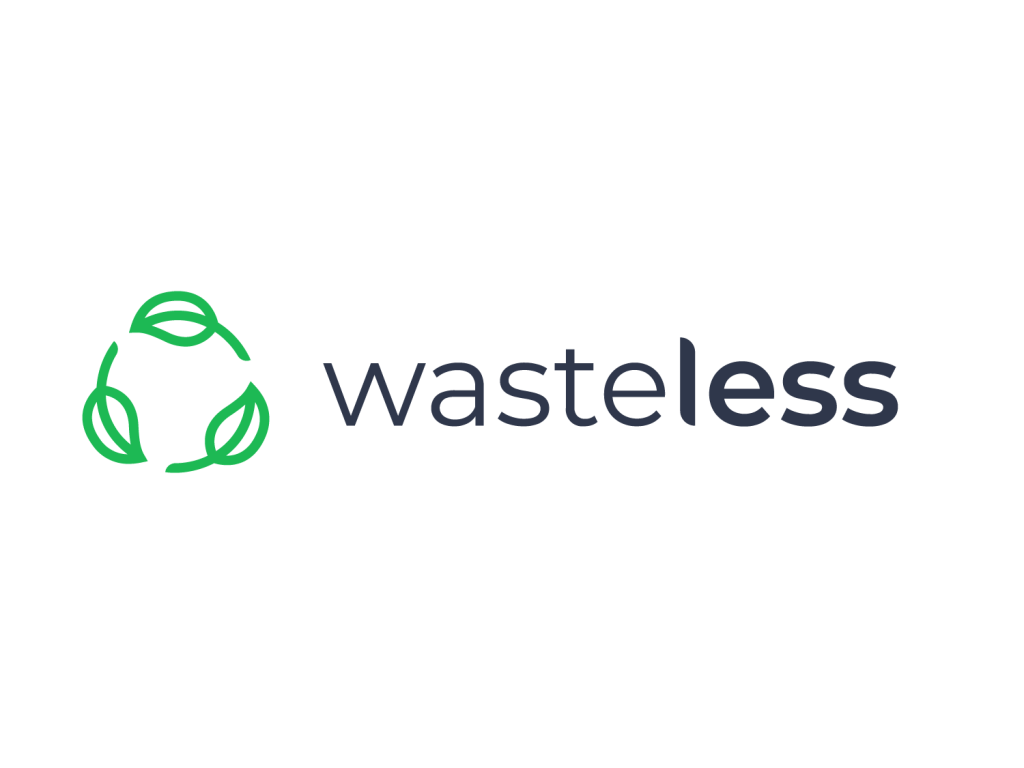#WASTELESS #foodwaste #EU #Farm2Fork #EuropeanGreenDeal #greenhousegasemissions #casestudies #decision-support tools #toolbox
The European Union has launched a new project called WASTELESS to reduce food loss and waste by at least 20% annually. The project, funded by the EU Horizon Europe programme, aims to develop tools and recommendations for measuring, monitoring, and reducing food waste in the EU.
Multidisciplinary consortium
WASTELESS is a multidisciplinary consortium comprising 16 beneficiaries, 12 affiliated entities, and 1 associated partner from 14 countries. The coordinator of the project is the University of Trás-os-Montes e Alto Douro in Vila Real, Portugal. The project has a budget of 5.5 million euros.
Objectives and targets
WASTELESS will contribute to achieving the Farm2Fork objectives and targets and the European Green Deal, which aim to reduce food waste by half per capita at retail and consumer levels by 2030. The project could significantly reduce greenhouse gas emissions over the next decade, contributing to global climate change mitigation strategies.
Food waste in the EU
According to the European Parliament, each European citizen wastes approximately 173-343 kg of food annually. This means that around 88 million tonnes of food are wasted every year across the 27 EU Member States, costing EUR 143 billion. Food waste comes from several sources, including primary production (58%), households (22%), food service (7%), and retail (3%).
Case studies
To address high levels of household food waste, WASTELESS will carry out case studies to understand the utilisation and role/contribution of specific food groups such as fruits and vegetables, fruit juices, processed meat, dairy products, and cereals. These studies are the best ways to evaluate and measure objectively mechanisms of action that will enable the reduction and re-use of this waste in the long term.
Toolbox and decision-support tools
WASTELESS will also explore ways to measure food loss and waste in critical and less-known food supply chains and propose ways of quantifying the data. At the same time, it will develop a toolbox, an innovative set of decision-support tools for all those working along the food chain as well as policymakers, developed in partnership with consumers, non-governmental organisations, and HORECA representatives through hubs across the EU.
Conclusion
WASTELESS is an important step towards reducing food waste in the EU. The project will provide recommendations and tools for measuring, monitoring, and reducing food waste. It will also contribute to achieving the Farm2Fork objectives and targets and the European Green Deal. By reducing food waste, the project could significantly reduce greenhouse gas emissions over the next decade, contributing to global climate change mitigation strategies.








